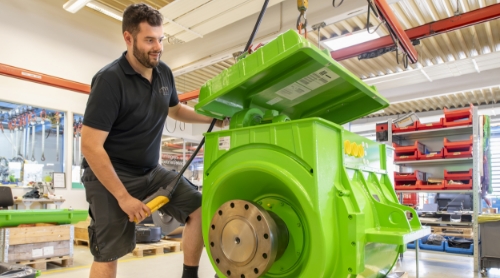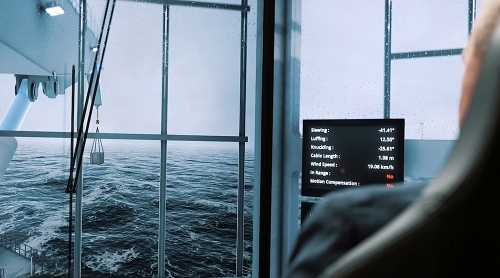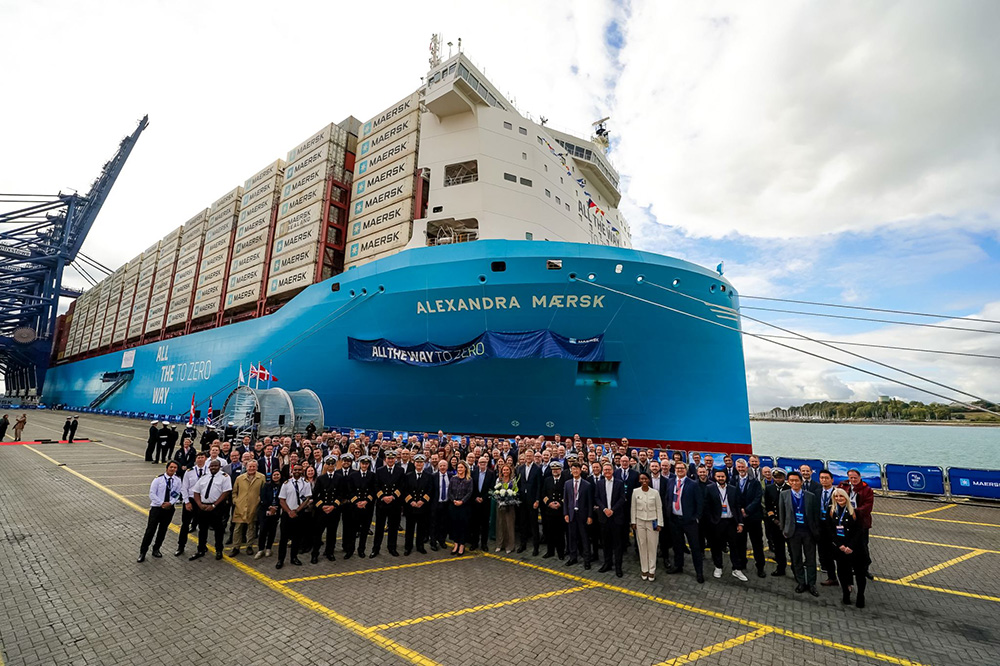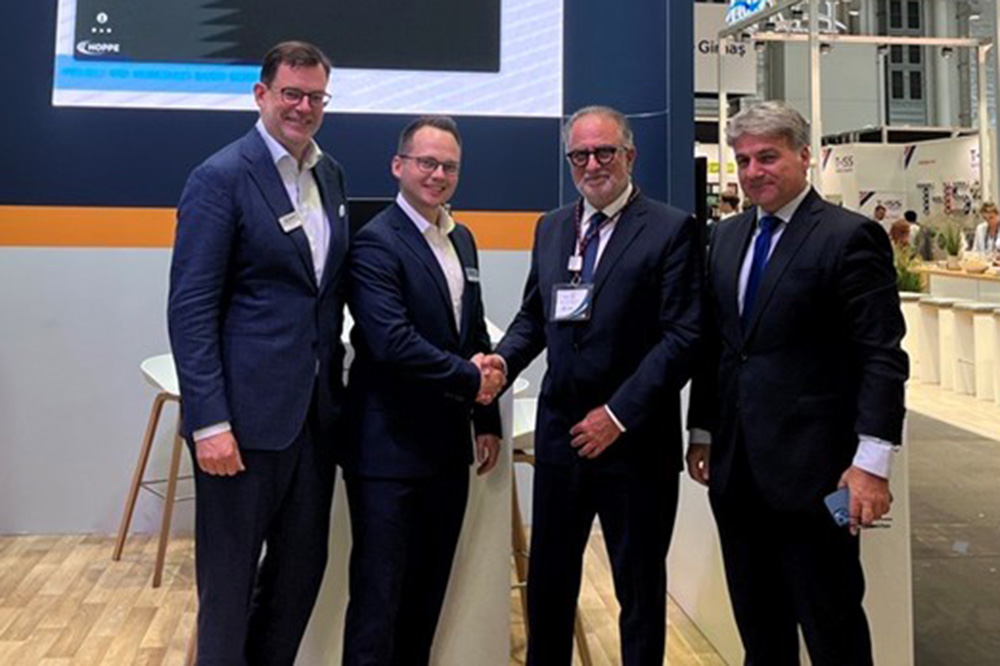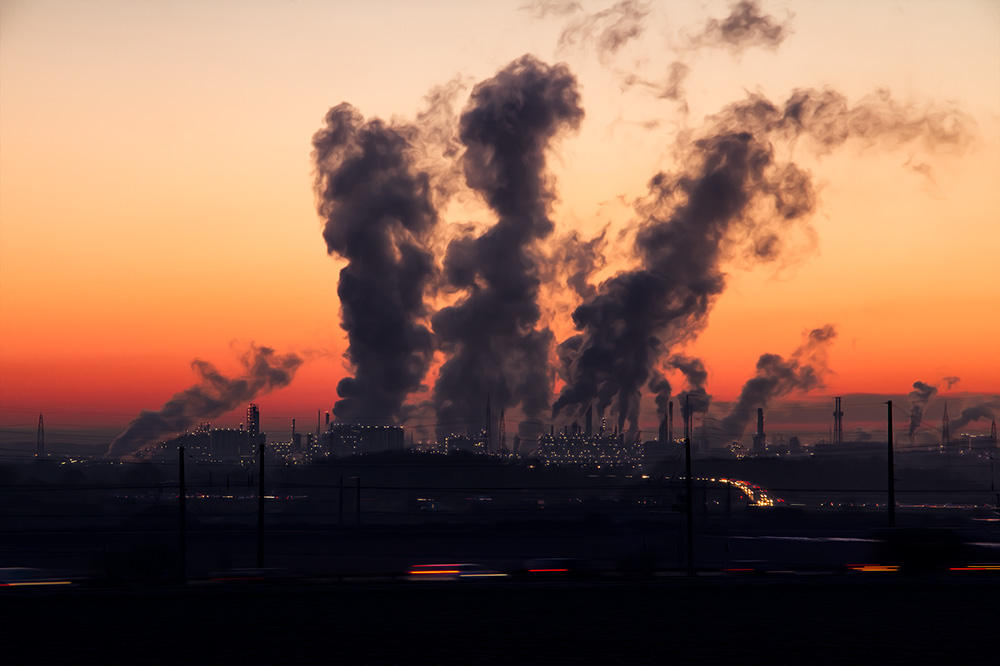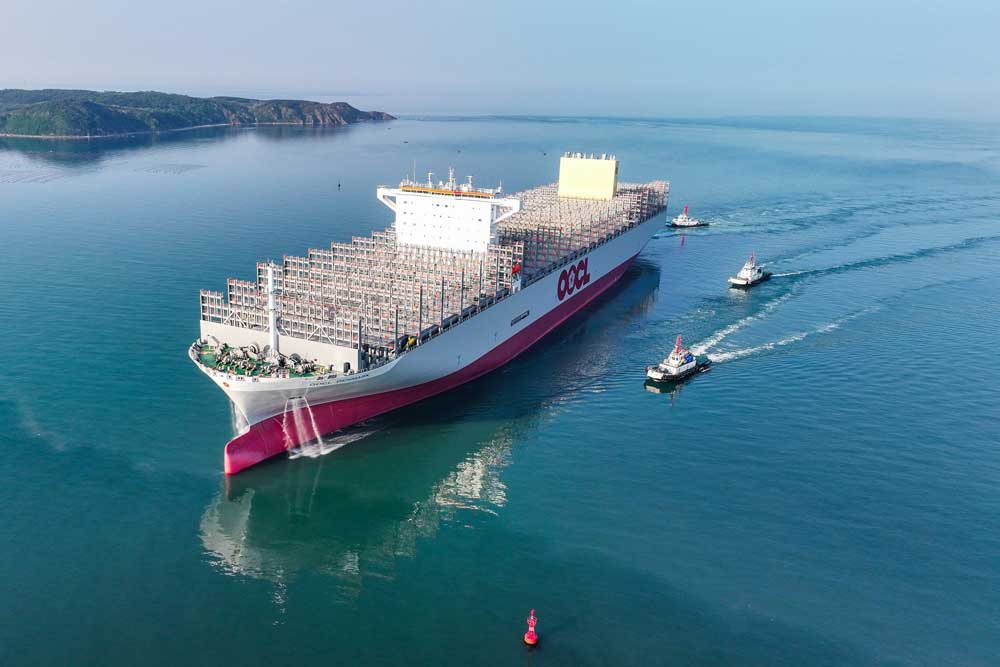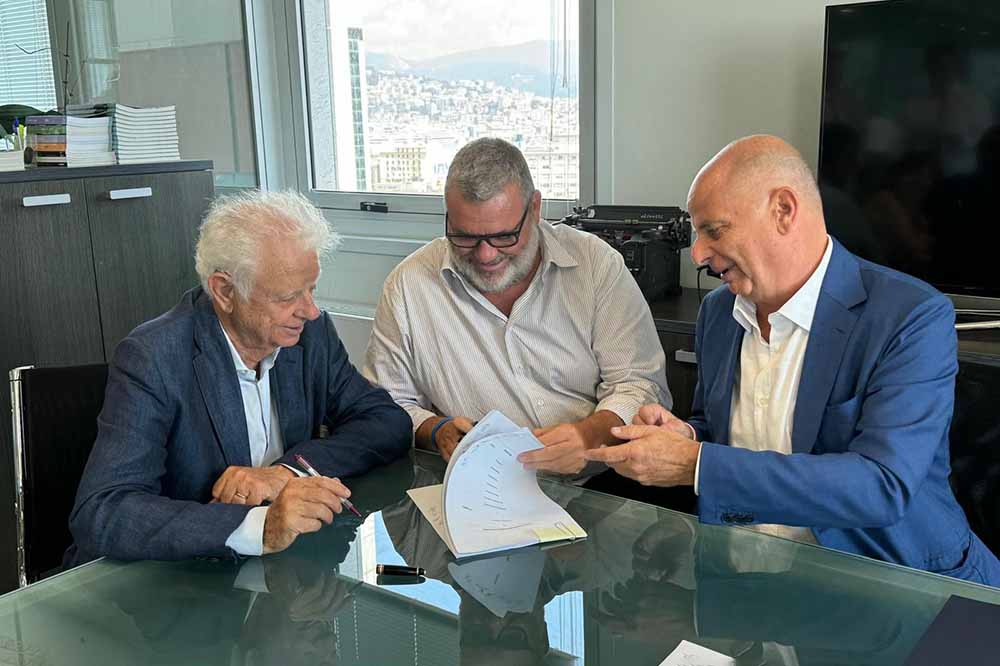Late this evening, the “Ane Maersk” will enter the port of Hamburg for the first time. The Central Association of German Seaport Operators (ZDS) is taking this as an opportunity to draw attention to the massive investments required on land.
The background to the announcement is the newbuilding’s methanol propulsion system. “Without sufficient investment in German ports, there will be no propulsion turnaround in shipping and no energy turnaround in Germany,” said ZDS President Angela Titzrath on the first call. The “Ane Maersk” shows that the National Ports Strategy needs to be implemented quickly.
This is the first time that a container ship powered by methanol has called at the Port of Hamburg. These ships are dependent on the ports having the necessary infrastructure and the required fuels available in sufficient quantities. The National Ports Strategy, which the German government adopted last week, therefore describes the ports as “pioneers for climate-neutral shipping”. Infrastructure operators are called upon to create storage and bunker capacities for alternative fuels at an early stage. The federal and state governments should ensure a uniform framework for dealing with new types of fuel throughout Germany.
“Joint effort required”
The National Ports Strategy envisages German ports becoming market leaders in technologies for the transportation, handling, storage and bunkering of sustainable energy sources and renewable fuels. Titzrath said now. “At the same time, we need to equip the ports for the energy transition throughout Germany, ensure the security of supply in the country and handle large parts of Germany’s foreign trade. All of this is as efficiently and digitally as possible. A joint effort is needed for these comprehensive tasks, which requires more support from the federal government.”
However, the ZDS complains that the federal and state governments have not yet come up with a financing concept for upgrading the port infrastructure in order to prepare German seaports for the energy transition and ships such as the “Ane Maersk”. The lack of funding is creating an investment backlog that, in addition to the climate-neutral transformation of shipping, is also jeopardising the energy transition in Germany.
This is because energy sources such as LNG, methanol, and hydrogen are imported via the ports, while components for offshore wind farms are also shipped. Both are possible only if port facilities and hinterland connections are adapted, regulations and approval procedures are optimized, and large and heavy goods transport is facilitated.
“During the 2022/2023 energy crisis, LNG terminals were approved at record speed and the corresponding infrastructure in ports and the hinterland was completed. For the energy transition in Germany and the transformation to climate-friendly shipping to succeed, we need the same level of political will to make decisions, accompanied by sufficient financial resources to realise the necessary expansion and conversion projects,” said Titzrath.









